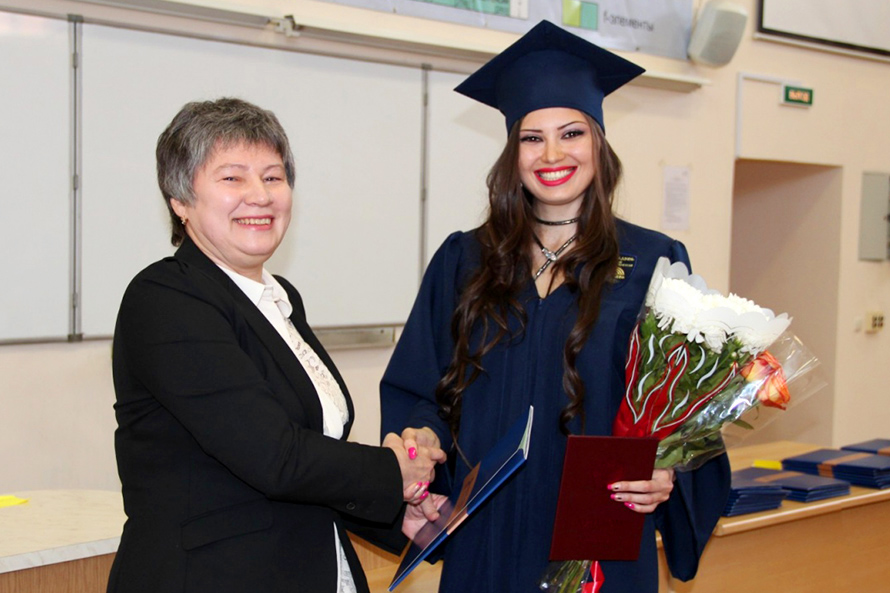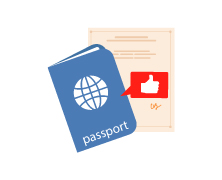Higher education in Russia is available to citizens of all countries including Jordan. Read the article to learn about the types of competitive selection, preparation and submission of application documents and tuition fees.
Jordan appreciates the benefits of Russian higher education. The number of applicants from this country increases in Russia every year. In 2013 through 2017, it more than doubled to reach 1,433. More than 70 percent are self-funded students.
Jordanians tend to choose engineering fields and medicine. Some prefer aircraft and rocket engineering, metallurgy and civil engineering. Nuclear physics and nuclear power plant operation programmes are also popular as Russia and Jordan closely cooperate in nuclear power engineering. Russia’s Rosatom corporation and Jordan Atomic Energy Commission signed an agreement on the construction of a small modular reactor-based power plant. Russia provides assistance to Jordan in training NPP maintenance and research staff.
Jordanians are interested in Russian which is one of the most studied foreign languages in the country together with English and French. Amman hosts regular Russian language promotion events such as open lessons and master classes in translation. It also accommodates the Russian language and pre-university training centre of People’s Friendship University where applicants can complete language courses and learn everything about the university, its history and traditions, education programmes of different levels and admission rules. The Centre operates on the premises of National Orthodox School-Shmaisani and National Orthodox School - Ashrafieh.
© MEPhI
Where do I start?
If you decided study in Russia, choose your profession, programme and university. When choosing the university, consider several factors such as the host city, international ranking, living conditions on the campus etc; you might also want to read international students’ testimonials. Use our search tool to see professions and programmes, programme descriptions, language of instruction, tuition fees and supervisor contacts.
It is important to choose the language of instruction in advance. Russian- and English-taught programmes are available at Russian universities. Russian medium programme applicants have to prove their proficiency regardless of the chosen humanities, engineering or natural science major. Universities usually hold language examinations, but some recognise TRKI certificates. If you do not know Russian, enrol at the Preparatory Department where you can also learn general subjects. English medium programme applicants have to take an English examination or show an international proficiency certificate.
You have to qualify in competitive selection to be admitted to a Russian university. Jordanian applicants have such options as self-funded or Russian government scholarship study.
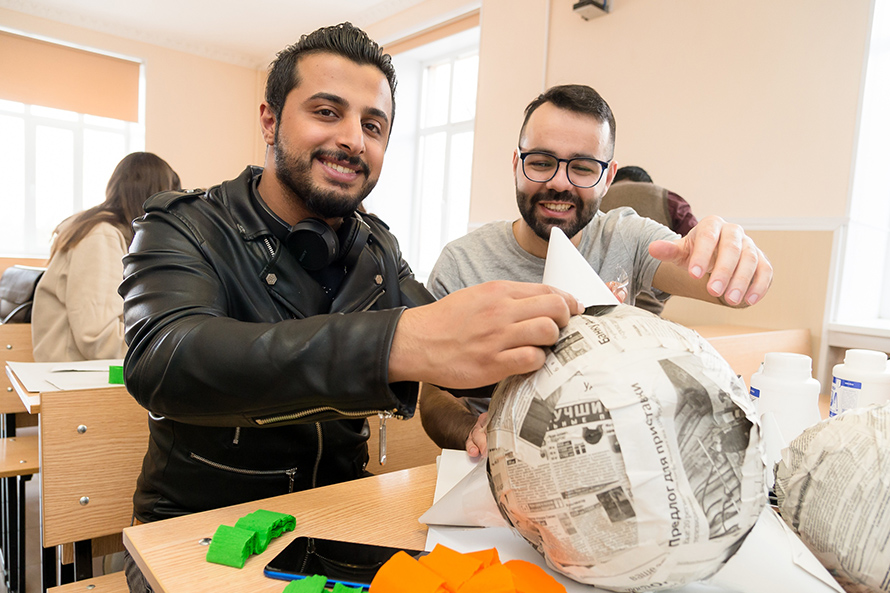
© SUSU
Self-funded study
Self-funded study is advantageous in Russia which offers quality education at lower tuition fees than in Europe or America.
For example, tuition fees for nuclear power engineering programmes of different levels range from 221,800 rubles to 632,000 rubles ($3,400 - $9,730) a year. These programmes are offered at National Research Nuclear University MEPhI, Peter the Great St. Petersburg Polytechnic University, Ural Federal University and some other universities.
Tuition fees for programmes in aircraft/aerospace engineering: 175,000 - 375,000 rbules ($2,690 - $5,770) a year. Training in this field is provided at Samara University, ITMO University, Moscow Institute of Physics and Technology, National Research Tomsk State University etc.
Tuition fees for Construction Equipment and Technology: 134,000 - 305,000 rubles ($2,070 - $4,690) a year. These programmes are available at Peter the Great St. Petersburg Polytechnic University, Ural Federal University etc.
Tuition fees for programmes in metallurgical engineering: 144,320 - 245,000 rubles ($2,220 - $3,775) a year. Engineers in this field are trained at National University of Science and Technology MISIS; similar programmes are offered at South Ural State University and Siberian Federal University.
Tuition fee for bachelor’s degree programme in Clinical Medicine ranges from 153,846 to 650,000 rubles ($2,370 - $10,000) a year. Russian medical education providers include I.M. Sechenov First Moscow State Medical University, People’s Frienship Univerisity, Far Eastern Federal University, Lobachevsky University and Immanuel Kant Baltic Federal University.
These are reference prices; use the search tool on our website to find out the precise cost of education.
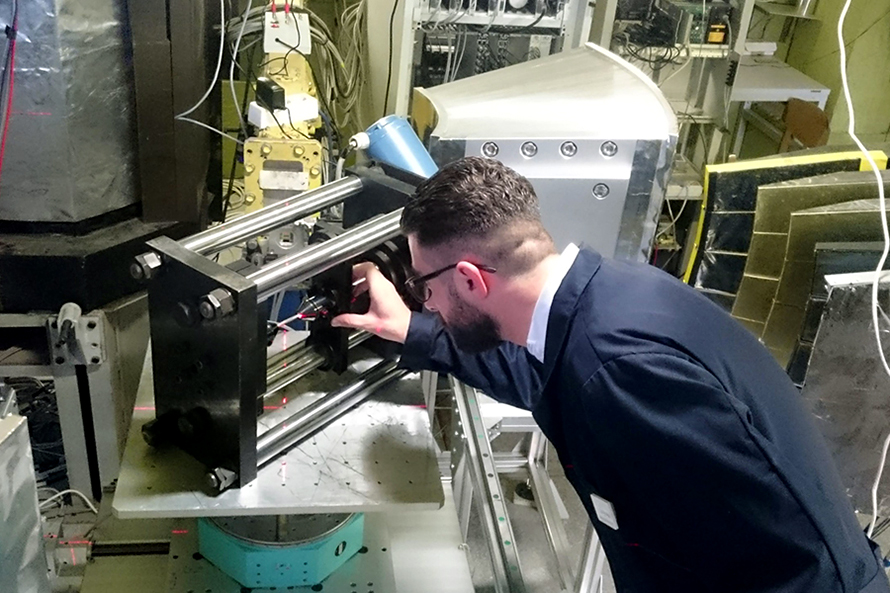
© MEPhI
Russian government scholarships
Prospective Jordanian students have several scholarship options.
-
Take part in international Olympiads held by Russian universities every year. The winners are entitled to various preferences while participants have an opportunity to try their hand in solving complex problems. In most cases, the Olympiad language is Russian, so participants have to be proficient in the Russian language. Among the academic competitions are TSU League Olympiad for prospective masters students and MEPhI’s “Rosatom” Olympiad for prospective undergraduate students. English medium competitions include the ITMO National Research University online Olympiad in informatics and mathematics and the Higher School of Economics International Youth Olympiad. See the complete list of Olympiads here.
-
Win the Russian government scholarship (quota) contest. Every year, Russia sets aside 15,000 scholarships for international students. In 2017/2018 academic year, 104 government-funded university places were allocated to Jordanian nationals. Contact the Rossotrudnichestvo mission in Amman (7 Shahed Ismail St., First Circle) over scholarships.
If you are not successful at the scholarship contest, you can apply for self-funded study. Create a personal account on our website to write to the university you have chosen.
Meeting document requirements
After you have chosen your university, profession and major, you have to complete an important stage of document preparation. Initial application to the university usually requires that you send to the Admissions Board a copy of passport, education certificate, filled out application (the forms are available on universities websites) and photos. All documents have to be translated into Russian and notarised. It is a sample list of required documents; please contact university staff to get complete information.
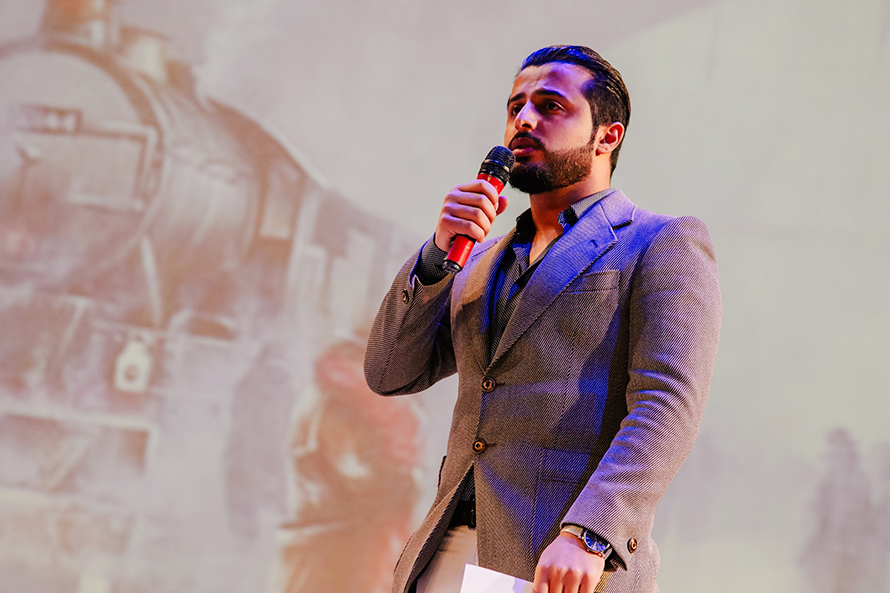
© SUSU
Legalisation and recognition of education documents
Jordanian applicants have to complete the education document legalisation and recognition procedures before applying to a Russian university.
Legalisation consists of two stages to be completed before entry into Russia.
-
First, the document has to be verified at the Jordanian Foreign Ministry.
-
Next, it has to be legalised at the Russian Embassy’s Consular Section in Jordan.
Recognition procedure options:
-
Submit your documents to the Main State Expert Centre for Education Estimation (Glavexpertcentre) for the procedure of recognition and equivalence assessment. Mail your documents to 6 Leninsky Prospekt (Avenue), bldg 3, Moscow, or email them using your personal account on the Glavexpertcentre website which has Russian and English versions. The second option is the most convenient The recognition procedure lasts up to 45 days, so have this issue settled as soon as possible.
-
Apply to one of the 46 universities (see the list) authorised to handle the recognition procedure for foreign education certificates and degrees. Follow the link to see the list.
If you graduated from a university from this list you do not need the recognition procedure.
Russian university degree in Jordan
A Jordanian graduate has to legalise their degree from a Russian university. Before leaving Russia, they have to:
-
Translate the document into Arabic and have it notarised.
-
Authenticate the notary’s signature and stamp at the Department of International Law and Cooperation of the Russian Justice Ministry.
-
Authenticate the document at the Consulate Department of the Russian Foreign Ministry.
-
Legalise the document at the Consulate Section of the Embassy of Jordan in Russia.
A Jordanian graduate, upon returning to their homeland, has to complete the Russian degree recognition procedure. It is handled by the Jordanian Ministry of Higher Education and Scientific Research.
Jordan automatically recognises degrees from certain Russian universities. The list comprises 178 universities including Novosibirsk State University, Higher School of Economics, Kazan Federal University, National Research Tomsk State University, National Research Tomsk Polytechnic University, ITMO University, Ural Federal University, Lobachevsky University, Siberian Federal University, National Research Nuclear University MEPhI, National University of Science and Technology MISIS, Peoples’ Friendship University of Russia, Peter the Great St. Petersburg Polytechnic University, Far Eastern Federal University, Samara University, Saint Petersburg Electrotechnical University “LETI”, University of Tyumen, I.M. Sechenov First Moscow State Medical University and South Ural State University. See the complete list here.
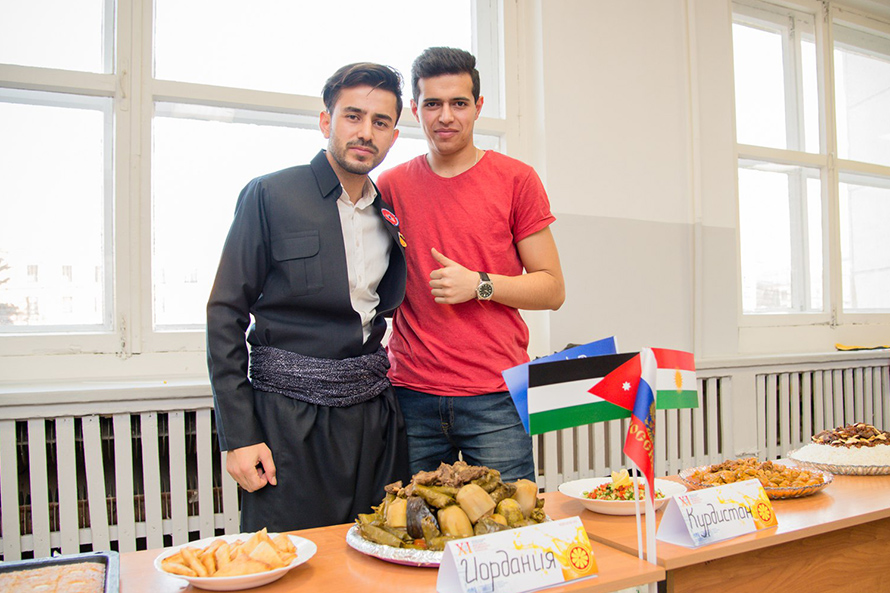
© SUSU
Entry into Russia
Jordanian nationals need a student visa to enter Russia. Apply for a visa at the Consulate Section of the Russian Embassy in Jordan. Document requirements: a valid foreign travel passport, filled out application (the link to the application form is available on the Embassy website), 3.5 x 4.5 cm photo, invitation from the host university), negative HIV test certificate and health certificate. For details, contact the Consulate Section (Amman, Jabal Amman - 4th Circle, Ahmad Touqan St.)
Students have to register with Russian migration authorities within seven days from the date of arrival in Russia. Ask the dormitory administration (if you opt for dormitory accommodation) or your apartment owner to help you register.






















































